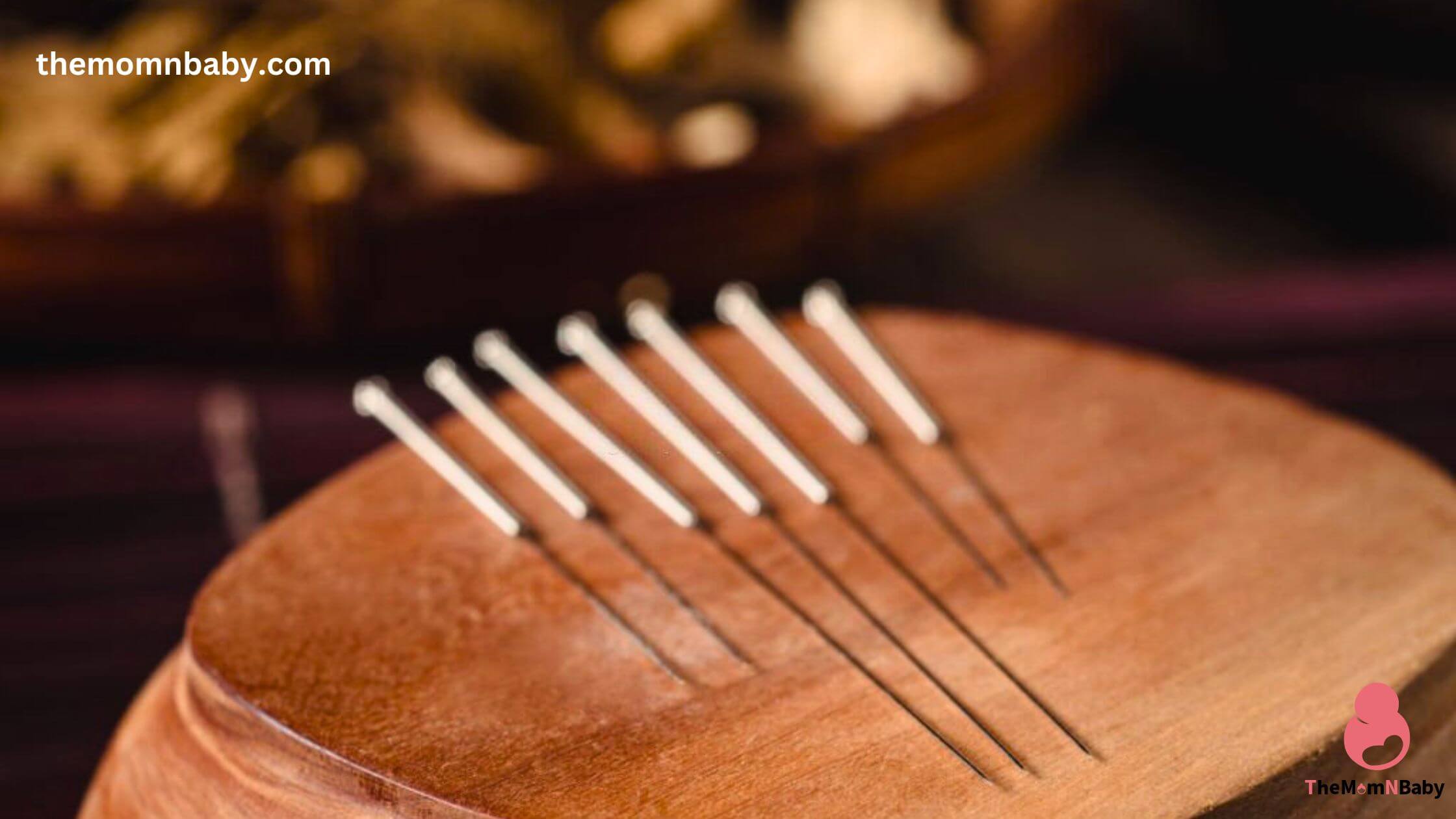
Enhancing Conception through Ancient Healing
In the journey towards parenthood, couples facing fertility challenges often seek various treatment options to increase their chances of conception. One such option that has gained significant attention is acupuncture (Ancient Healing). Rooted in traditional Chinese medicine, acupuncture is an ancient practice that involves the insertion of thin needles into specific points on the body. This article explores the significance of acupuncture for fertility, providing a step-by-step procedure, discussing potential side effects and benefits, as well as safety considerations.
Importance of Acupuncture for Fertility
Infertility can be a distressing experience, and couples are increasingly turning to alternative therapies like acupuncture to enhance their fertility. People believe that acupuncture helps regulate hormones, improves blood flow to the reproductive organs, and reduces stress, all of which can significantly impact fertility. By addressing these underlying factors, acupuncture aims to create a more favorable environment for conception.
Procedure at clinic:
1. Initial consultation with a specialized acupuncturist.
2. Develop an individualized treatment plan based on medical history and fertility concerns.
3. Schedule weekly or biweekly acupuncture sessions.
4. Wear loose and comfortable clothing for easy access to treatment areas.
5. Have a light meal or snack before each session.
6. Needles are inserted into specific acupuncture points on the body.
7. Needles may be manipulated or twirled for enhanced effect.
8. Needles are left in place for 20 to 40 minutes.
9. Additional techniques like moxibustion or electrical stimulation may be used.
10. Needles are painlessly removed.
11. Schedule follow-up sessions as part of the treatment plan.
12. Evaluation and adjustments made based on progress and specific needs.
Side Effects
This procedure is generally safe with minimal side effects. However, it’s important to be aware of potential reactions, which may include temporary soreness at the needle site, light-headedness, or mild bruising. Serious complications are extremely rare when the procedure is performed by a qualified acupuncturist.
Benefits of Acupuncture for Fertility
1. Hormone Regulation
- Acupuncture can help regulate hormonal imbalances, which are often a contributing factor to fertility issues. These conditions encompass polycystic ovary syndrome (PCOS), fibroids, endometriosis, as well as challenges related to ovarian reserve and sperm quality. By promoting balance, acupuncture may improve ovulation and menstrual cycle regularity.
2. Improved Blood Flow
- Acupuncture is believed to enhance blood circulation to the reproductive organs, including the uterus and ovaries. This increased blood flow can optimize the conditions necessary for fertilization and implantation.
3. Stress Reduction
- Infertility can cause significant stress and emotional strain. Acupuncture sessions provide a relaxing environment, reducing stress and promoting emotional well-being. Lower stress levels can positively impact fertility.
4. Complementing Assisted Reproductive Technologies (ART)
- People commonly use acupuncture alongside conventional fertility treatments, such as in vitro fertilization (IVF). Studies suggest that combining acupuncture with ART may improve pregnancy rates and enhance the success of procedures like embryo transfer.
Safety Considerations
When considering acupuncture for fertility, it is important to prioritize safety.
1. Choose a Licensed Acupuncturist
- Ensure that the acupuncturist is licensed and specializes in fertility treatment. This guarantees the highest standard of care and expertise.
2. Open Communication
- Inform your healthcare provider about your interest in acupuncture for fertility. This allows for coordinated care and ensures that all aspects of your treatment are considered.
3. Personal Health Considerations
- Individuals with certain medical conditions or who are taking specific medications should consult with their healthcare provider before starting acupuncture.
Acupuncture takes a comprehensive approach to supporting fertility, considering both the physical and emotional aspects of the path to conception. By regulating hormones, improving blood flow, and reducing stress, acupuncture can enhance fertility and increase the chances of successful conception. It is crucial to consult with a qualified acupuncturist and maintain open communication with healthcare providers to ensure personalized and safe care. With its ancient roots and potential benefits, acupuncture continues to offer hope and support to couples on their path to parenthood.
Let’s see success story about Lisa and John.
Acupuncture Success Story
Lisa and John had been struggling to conceive for years. Frustrated with failed attempts and medical treatments, they turned to acupuncture. Lisa began regular acupuncture sessions and noticed improvements in her menstrual cycle and overall well-being. After several months, they received the news they had been longing for—Lisa was pregnant.
They credit acupuncture for enhancing their fertility journey and believe it played a significant role in their success. Today, they are grateful parents to a beautiful baby, forever grateful for the positive impact acupuncture had on their path to parenthood.
Still People have many Question about this procedure, Here we cover all common question,
Frequently Ask Questions about ACUPUNCTURE AND FERTILITY
Q1: Can acupuncture help with fertility?
A1: Yes, it may improve fertility outcomes by increasing blood flow, regulating hormones, reducing stress, and promoting relaxation. However, it should be part of a holistic approach that includes medical evaluation and fertility treatments.
Q2: How does acupuncture improve fertility?
A2: Acupuncture improves fertility by addressing imbalances, promoting relaxation, increasing blood flow to reproductive organs, and regulating hormone levels.
Q3: Is acupuncture safe for fertility treatments?
A3: Acupuncture is generally safe for fertility treatments when performed by a licensed acupuncturist. Minor side effects like bruising or soreness may occur.
Q4: When should I start acupuncture for fertility?
A4: The timing varies. Some start months before conceiving, while others begin concurrently with fertility treatments like IVF. Consult with a specialized acupuncturist for personalized advice.
Q5:What is the recommended number of sessions for fertility?
A5: The number of sessions varies. Typically, a course of treatment involves weekly sessions for several weeks or months. Discuss with your acupuncturist for a personalized recommendation.




